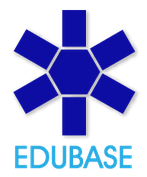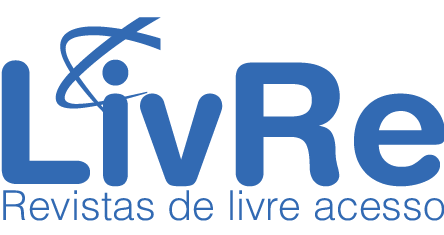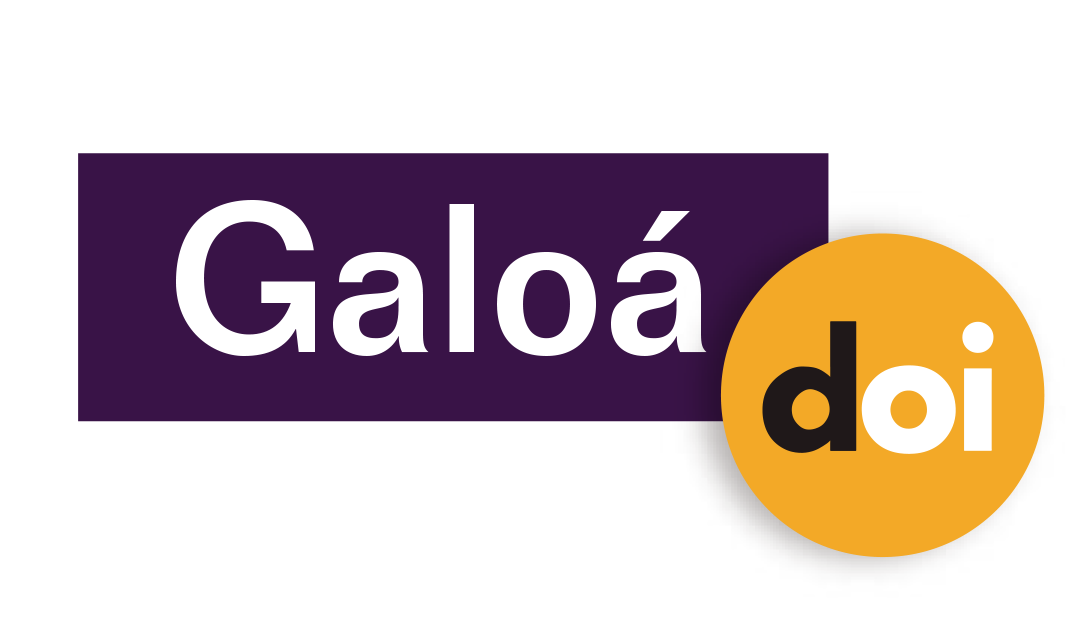Mathematical Investigation Contributions for the Financial Education and Economics Teaching
Resumo
Background: The proposal of financial education in classrooms is born in the expectation of changing an irresponsible consumption scenario that society is going through and should be included in all student educational contexts, from elementary to higher education, aiming to provide consumers-individuals with basic notions of economics and consumption. Objective: Analyse how investigative tasks can contribute to the financial education and economics teaching. Design: Methodology of mathematical investigation. Setting and participants: The research was carried out with twelve students in the discipline of Financial Mathematics, in a mathematics program at a university in the state of Rio Grande do Sul (Brazil). Data collection and analysis: This article is characterised as qualitative research and the data produced (tasks, recordings, questionnaire, forum) were analysed through discursive textual analysis. Results: Possibilities of conjectures and resolving strategies; investigative activity importance, in group, for the creativity and autonomy learning and development; critical thinking development in the decision making process; relations between the task and daily life situations; and analysis of difficulties during task execution. Conclusions: Through this study, we conclude that the investigative tasks have contributed for the teaching and learning processes, when the small groups made discoveries and followed different paths during each problem situation solving, they demonstrated enthusiasm, creativity, and autonomy. When the results were compared, at the moment of interaction with the bigger group, the groups realised they could have chosen other paths, or any important factor, which could have been part of the analysis, had not been considered, what yielded several discussions in the classroom as well as in the virtual forum, strengthening a critical and collaborative thinking development.
Palavras-chave
mathematical investigation; financial education; economics; teaching; learning
DOI: https://doi.org/10.17648/acta.scientiae.5878
Apontamentos
- Não há apontamentos.
Direitos autorais 2020 Patricia Franzoni, Marli Teresinha Quartieri

Esta obra está licenciada sob uma licença Creative Commons Atribuição 4.0 Internacional.
ANÚNCIOS
Informamos que, a partir de outubro de 2025, devido ao grande número de artigos na fila de submissão, está suspenso o aceite de submissões. Rebriremos em fevereiro de 2026.
Mais, informamos que sites fraudulentos, https://periodicos-ulbrabr.org e https://periodicos-ulbrabra.org, estiveram se passando pela Acta Scientiae, utilizando nosso nome e identidade visual e até solicitado taxas de APC, que nós não cobramos. Aconselhamos cautela para evitar serem enganados por sites semelhantes.
Conceito A2 na Capes(2021)
Índice h5 do Google Scholar: 13
Índice mediana h5 do Google Scholar:24
eISSN: 2178-7727
Indexações:
A Acta Scientiae é indexada em: | Scopus |  | Latindex |  | Edubase (SBU/UNICAMP) |
 | Sumarios.org |  | Google Scholar |  | Portal LivRe (CNEM) |
 | Journals for Free |  | REDIB |  | Galoá DOI |

Todos os trabalhos publicados aqui estão sob uma licença Creative Commons - Atribuição 4.0 Internacional.
